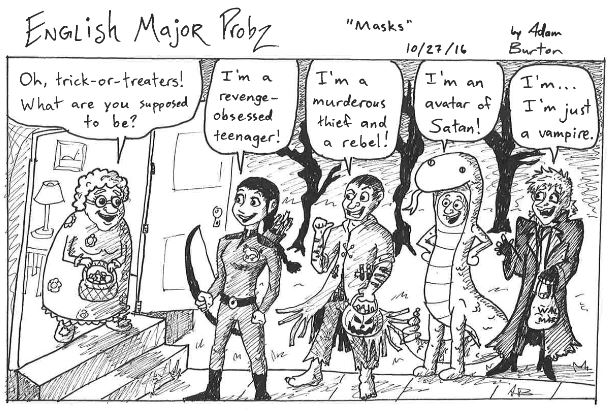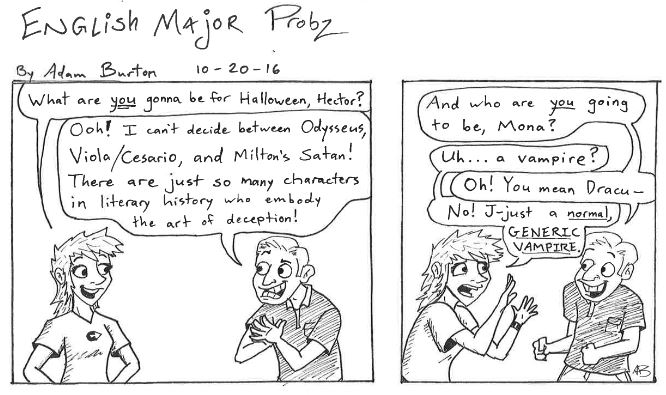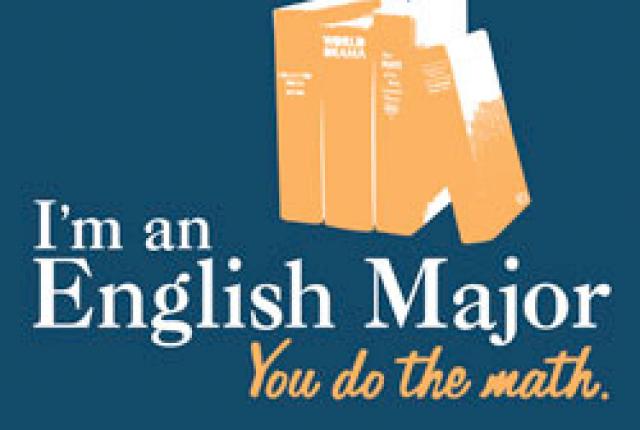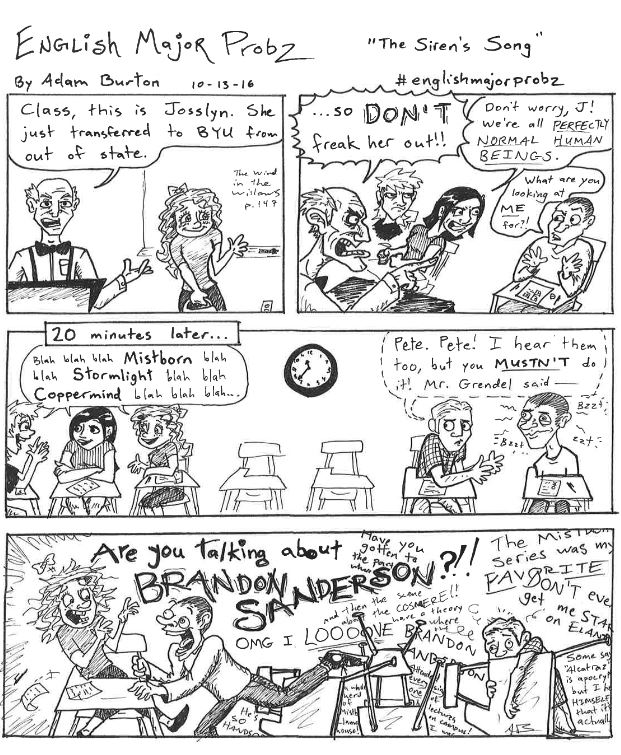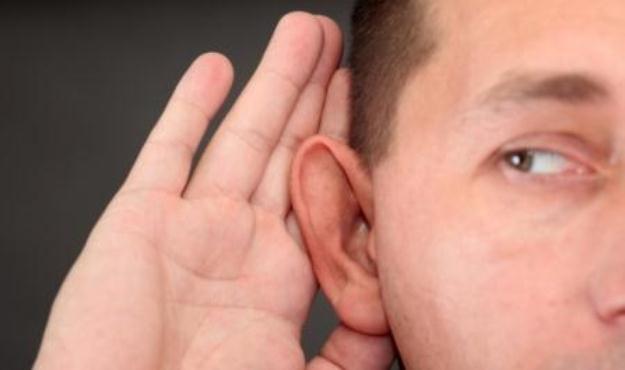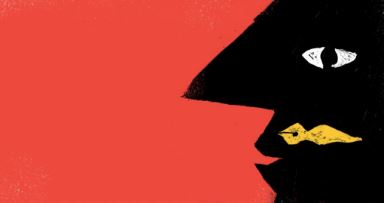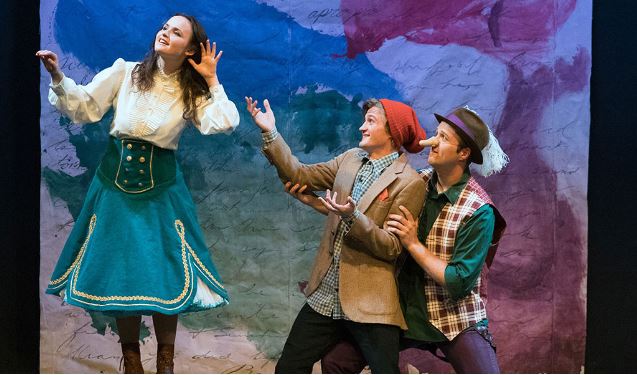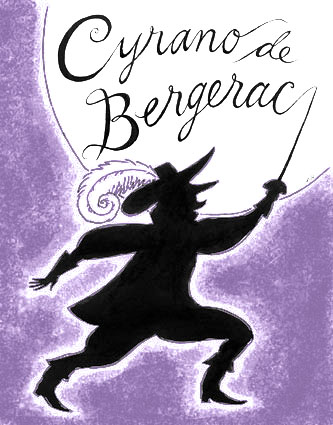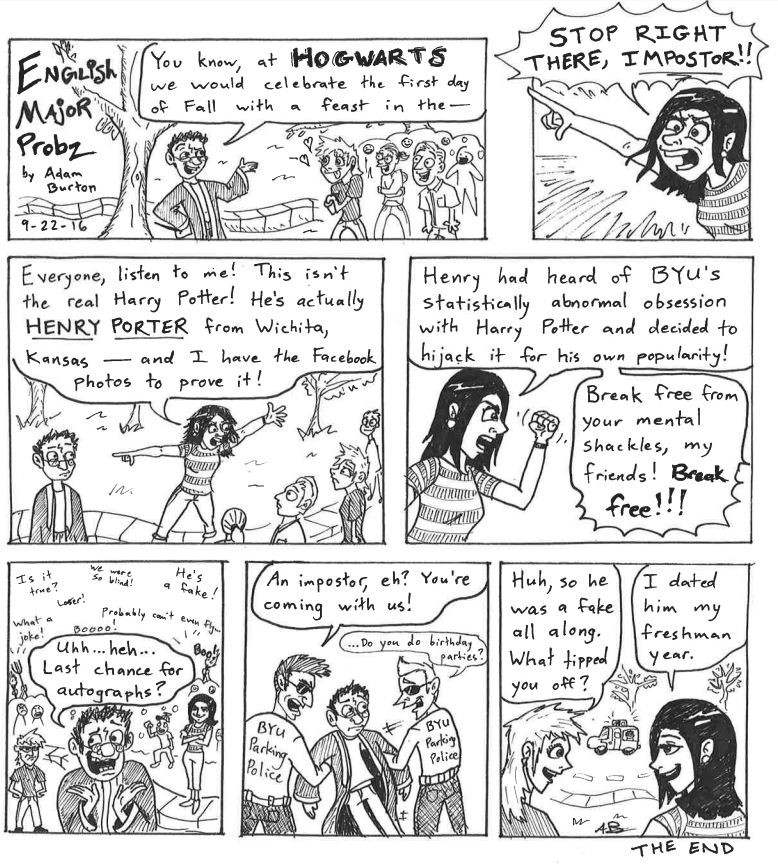Author Archives: Nicole Ratliff
English Major Probs (Episode 6): Halloween
English Major Probs (Episode Five): Halloween Plans
A Creative Writer’s Survival Guide to College (Part 2)
Ahh we’re back! I’m sure by now you are all well on your ways to becoming the next Stephen Kings and J. K. Rowlings, but in case you could still use a little nudge, welcome to part two! Jumping right in…
#5 Make time to read in your genre.
Last week we talked about things that will help you hone your craft and write more often. But the life of a Creative Writer is also filled with reading. If you are studying in college, most of the required books will be classics.
There are two types of classics: the type you read for class, and the type you read to show off and sound smart. Yes I’m talking to you, person who claims to enjoy reading To the Lighthouse. Now sure, I love a Keatsian sonnet as much as the next fellow, but I’ve got to be honest; Faulkner, Joyce, Eliot, and Austen put me to sleep faster than a high-councilman’s Sunday sermon. Unfortunately, you probably need to get used to reading this stuff if you want to be an English major. Don’t get me wrong, it’s important to be educated, and reading the classics can help your writing, but don’t forget to read what’s hot in your genre as well. Do yourself a favor and pick up the latest bestseller every once in a while. It will keep you up to date, and give you something to read that you can actually enjoy before SparkNotes-ing it.
#6 Don’t get discouraged.
Perhaps you’ve been reading Middlemarch or Ulysses and think to yourself: “Wow, how can I ever write something like that?!” (In my opinion, why would you ever want to write something like that? Please, do us all a favor). Regardless, I understand the weight and pressure of literature. We have been taught early on that there is a distinction between the cannon and the common. Who are we to even try to compete? Well frankly, yeah you’re right. Our first books will probably be worth less than the worthless paper they are printed on, but never underestimate the power of practice! All of these famous authors from Whitman to Rowling and Shakespeare to Shelley had to start somewhere. And so do we. Don’t view crumpled balls of paper as failures, but as foundational practices of budding creativity.
#7 Do things that will help you get a job.
Recently Forbes listed Creative Writing as one of the top 17 most unemployed majors. Don’t panic, don’t panic… and get used to eating Top-Ramen. Anyway, that is why it’s critical to start networking now. Try to apply for an internship that has a media or editing position open, ideally at a publishing company or such. You could also try to get a part time job with a news group or online magazines. Even though some of these you might have to work without pay, just remember a little proactivity and networking now can mean the difference between having a job or not when you graduate. Also, don’t end your ambitions with the local opportunities, there are also study-abroads and internships overseas that you could apply for. The Wordsworth Trust is one example.
#8 Remember, you have an amazing major.
As Percy Bysshe Shelley once penned: “poets are the unacknowledged legislators of the world.” How cool is that. From film to fantasy and science fiction, writing and writers aren’t going anywhere. Sure it might be more difficult now than ever, but there are also more opportunities than ever. When you start to lose sight of that vision, pick up one of your favorite books and imagine what would happen if that author had given up before he finished. Yes, the road we are called to walk is filled with unseen abysses, dead ends, and drop-offs, but as Thomas Paine wrote: “the harder the conflict, the more glorious the triumph.” Keep writing friends and the world will eventually sing with the words you wrote.
That concludes my survival tips, but join me next time when I’ll talk about all my favorite things in writing!
–Paul Guajardo
English Major Probs (Episode Four): The Siren’s Song
A Creative Writer’s Survival Guide to College
It’s 1 a.m. and your eyes are about as droopy as the leftover spaghetti you had for breakfast, lunch, and dinner. Your computer screen displays exam reviews for amyloplasts, bifacial cambiums, and columella cells, but you can’t even remember what a trichinae is or what it has to do with botany. You long for sleep and after running out of the study comfort food you keep on hand; you decide to just take a little nap.
The next day is full of classes and deadlines, and, if you are taking English, a few papers for good measure. There’s that research project you should be working on, homework that you forgot is due tonight, a friend who tries to get you to go out, and myriad other tasks that keep piling up higher than the trash can in your dorm. (Which reminds me I should really take that out some time… Ah maybe next week!)
Essentially this is college. Gone are the days when you could write for hours uninterrupted, had food magically appear in the family fridge, and your high school homework was a joke. There are real commitments now, and things you used to enjoy doing are now thrown in among the metaphorical pile of dirty laundry.
So how do you make time for the things you love? Unless you are majoring in creative writing, (which you can’t here at BYU) you’ll be pulled a hundred different ways during the day, but lets be honest that novel isn’t gonna write itself.
What you have before you in this Survival Guide are my years (weeks) of expert experience in this field (this is my first semester too). This guide has been heavily researched (I wrote it at 2 a.m. last night) and is guaranteed (no refunds though) to make your creative writing life 100x better (give or take two zeros).
Enjoy!
#1 Take a Creative Writing Class, and if You Can’t, Join a Club or Literary Magazine.
School is full of commitments. It tries to take your time, energy, sleep, friends, fun, family, country, life… *ahem*. Granted, for most of your first two years your classes will be on archaic subjects and obscure information you’ll never actually use in real life *Cough* microbiology *Cough* math. Hey we’re English majors not engineers, so I can say that! The easiest was to make sure you have time to write is to make it one of your classes. There’s no getting out of it then, you’ll really have to commit. Some of my best short stories were written for a CW class the night before a deadline.
Still if you can’t fit that into your schedule, you should really consider joining a CW club. These are great. No deadlines, nice peers, interesting group discussions, and best of all, FREE* FOOD!
#2 Find Your Routine.
How is it that I can still find time to binge watch Doctor Who, but can’t write a page of fiction or poetry? Well probably because I don’t have this whole college thing figured out yet, but more importantly, because I haven’t allocated my time correctly. If you can watch Youtube, stalk that cute person you think is in your ward on Facebook, or Netfilx and… eat popcorn, you can definitely find time to write. It’s all about getting in a habit and remembering what matters most. For some people that time might be in the middle of the night, others in the morning, me personally I always have the most poetic angst when that super gorgeous girl rejects me. Ha. Haha. Those aren’t tears; they’re just a lot of eye sweat. Jokes on her though, I have a super good limerick after that.
#3 Or, Keep a Regular Journal
Who says journal entries can’t count as creative writing? Journaling can be good for your children, handwriting, sanity, and cholesterol. True story. But seriously, when adventure turns up in your own life, be sure to record it instead of ignore it! Imagine what would have happened if Bilbo and Frodo hadn’t recorded their experiences! Why we would be out of four great books and, and 6… well there would be six less movies. Not sure if that is a good or bad thing.
#4 Eavesdrop°
So you’re on your way to that super boring history class, when you over hear the most bizarre conversation happening to your left. Most respectable people would tell you to mind your own business and ignore it, but we’re creative writers. We sold all our respect when we took a vow of poverty with our career path. Listen in, write it down, and use it in a story. I give you permission too. Sometimes you’ll come across unique gems, for example, I was walking in the JFSB when I heard someone say into a phone; “I’m not going to torture it, it’s just a snail!!” Beautiful. Simply beautiful. I have no idea what in the Krusty Krab it was about, but still, that line will show up in one of my stories.
Join me next time for part two!
-Paul Guajardo
*I am not to be held accountable if your writing group is lame and does not provide vitals. But really if they don’t I would go to a different group. Just sayin’…
°Remember, I am not responsible, legally or otherwise, for any criminal charges of stalking, creeping, or encroaching upon peoples privacy. (But lets be honest the government already does it all the time.)
Reviews and Recommendations: Cyrano
English Major Probs (Episode Three Part Two): The Imposter
My Internship: As A Technical Writer
By: Shelby Ward
I’m one of those people who usually gets really ticked off when people say, “Oh, you’re an English major? So…what are you planning to do with that?” Um, rule the world, thank you very much. I know that inside, they’re answering their own question: “Not make any money, that’s for sure.” This summer, however, I was able to land a job in an unexpected field PRECISELY because I was an English major with a minor in Digital Humanities. So take that, all you people who turn up your nose at us.
I was hired on by the department of Continuing Education’s Computer Operations team in April of this year as a technical writer. Talk about a foreign world! My first day on the job was a mess of computers and geeky jargon that made me feel totally out of my league. The guys in my cubicle almost kicked me out when I said I hadn’t seen “Avatar: The Last Airbender”, but then I redeemed myself by whipping out some impressive Harry Potter knowledge. Things got better.
I soon figured out that the developers were there to make everything work; I was there to explain it to everyone else. After looking over the department’s documentation, I saw that the developers were just as scared of good grammar as I was of programming. We needed each other.
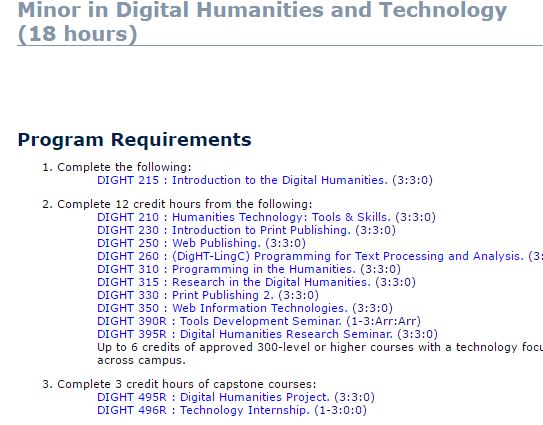
My supervisor, the blessed soul that she is, decided that she wanted to give me a new skill set along with a paycheck, so she made me start coding all the documentation myself. I had to learn the programming language and worry about not crashing the whole website. It was terrifying—but so much easier than I thought! I became a valuable member of a team, and my editing skills were what set me apart.
The best part of all of this? In August, I talked to advisors here in the English department and they decided that I could count my job as an internship! Hollaaaa! So now I get to go to work every day, figure out ways to make the developers sound good, learn a few programming tricks myself, AND get credit for it. It’s a pretty sweet deal.
So to all you English majors out there—there are more options besides being a teacher. Technical writing is a growing field and we are in high demand! Don’t wait around for an internship to come to you. Learn the computer skills to make yourself marketable in today’s society and watch the doors open up.
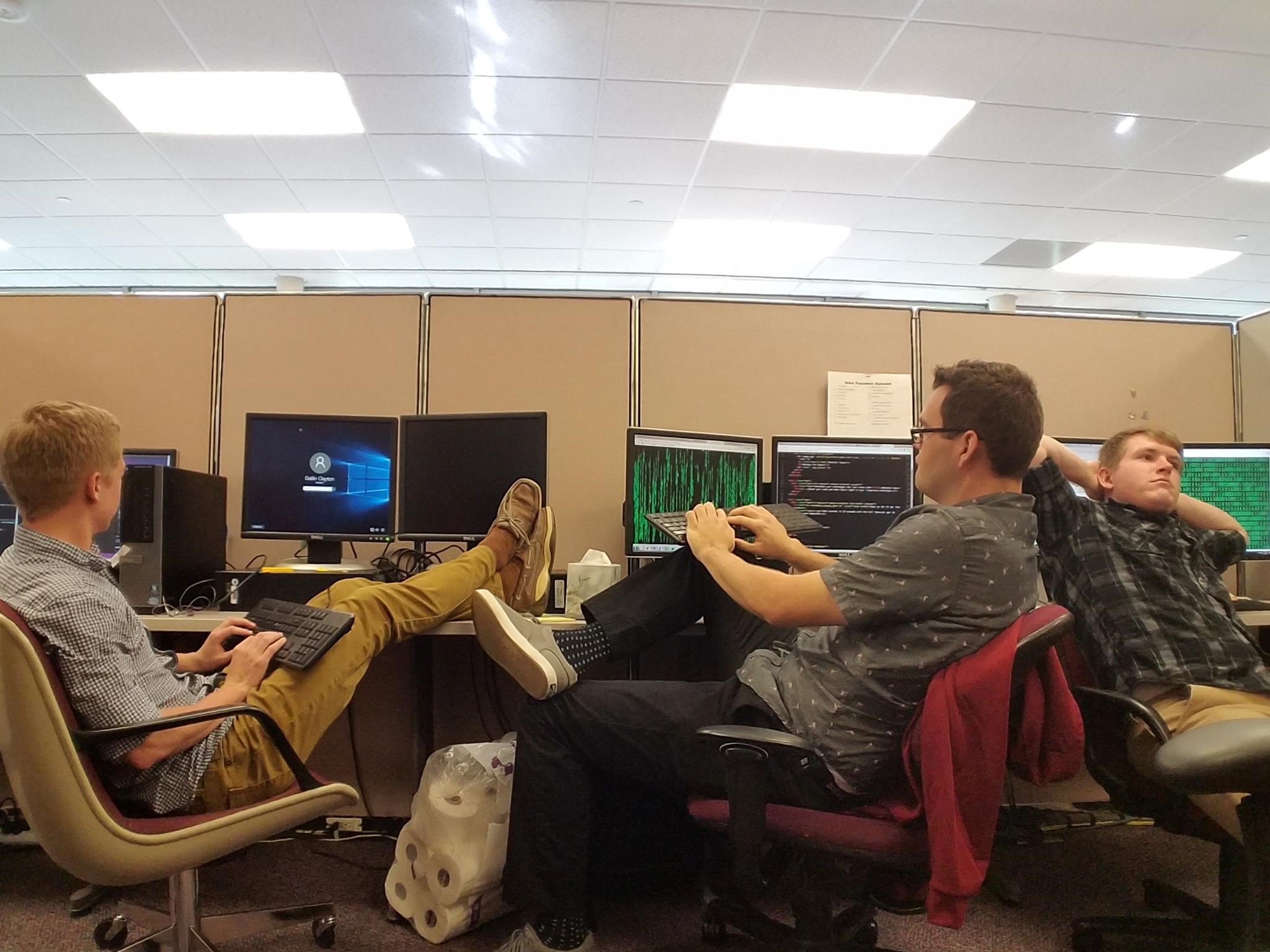
Here are some of my co-workers at their finest, btw. They got really excited when I told them it was going on the blog.
Fun Fact Friday: Underappreciated Alphabet
Written by: Abigail Taylor
As lovers of English, we all have a special appreciation for words and their unique histories. However, we don’t spend much time thinking about the 26 building blocks that make up the words, sentences, and stories we love so dearly. I would like to dedicate this Fun Fact Friday to the essential but underappreciated letters of our English alphabet. Here are 10 fun facts you probably didn’t know about the letters of our alphabet, courtesy of David Sacks and his book Language Visible.
- Excellent “E” – The letter “E” is the most frequently used letter in the English language. “E” beats out the second most frequently used letter, “T,” by almost 30% more usage.
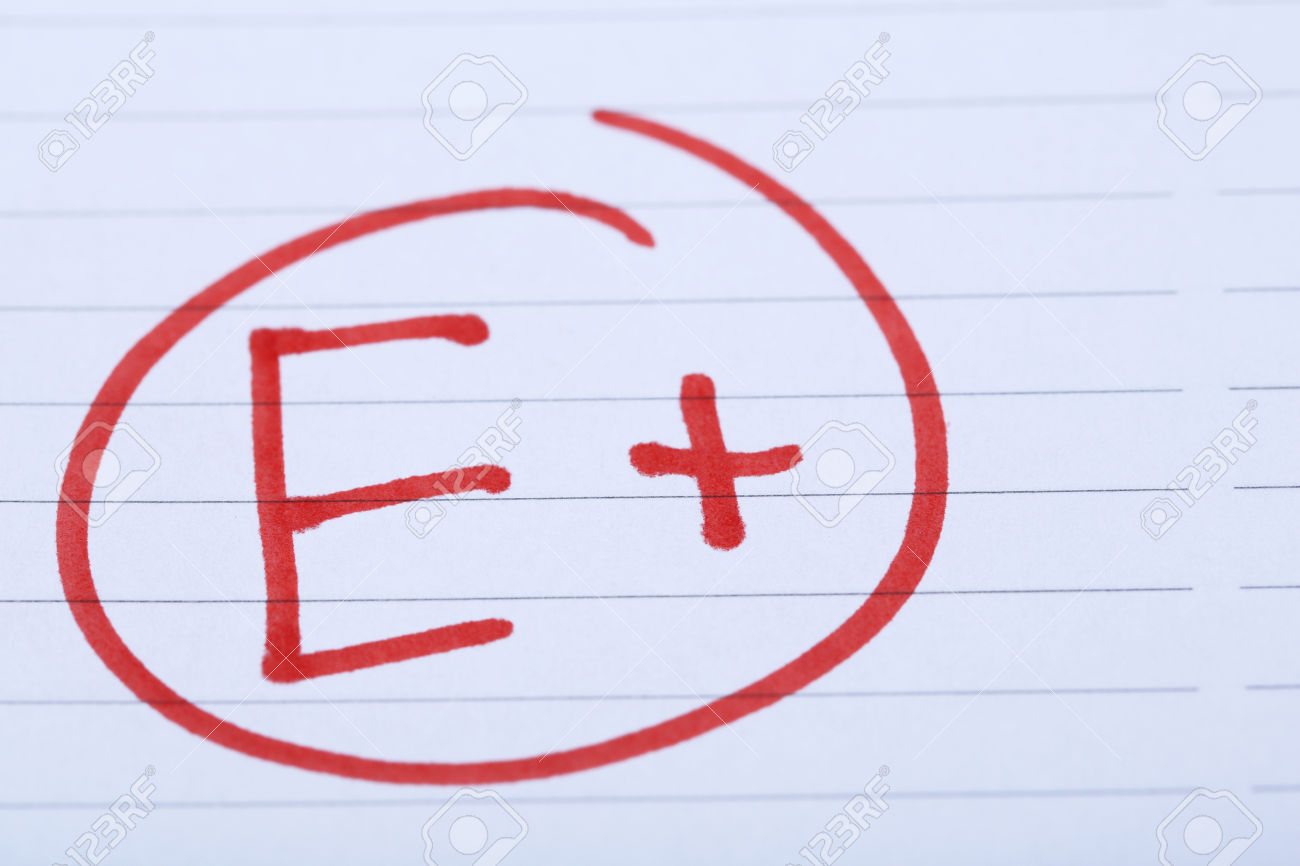
- Hardly Real “H”- Some scholars have argued that we should do away with the letter “H” because it isn’t a “true letter.” They contest that the letter “H” really doesn’t make any true sound of its own and only serves to “thicken” the sounds of other letters it is paired with.
- Juvenile “J”- The letter “J” is a relatively young letter, one of the last to be added to the Roman alphabet. The letter “I” was used to represent both the “I” and “J” sounds until about 1500 A.D. At that time, the letter “J” was adopted and “I” no longer had to do double duty.
- Lovely “L”- The sound of the letter “L” is considered one of the most beautiful sounds in human speech.
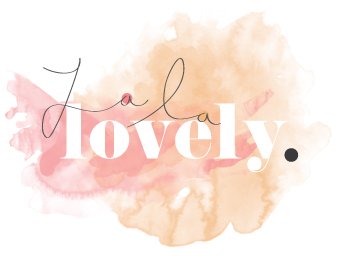
- Momma “M”- Some scholars believe that the word for “mother” starts with the “M” sound in many languages because that is one of the first sounds that a baby can make.
- Popular “P”- Don’t underestimate the letter “P.” One-third of the words in the English language start with the letters “S,” “C,” and “P.”
- Rad “R”- The letter “R” is a defining letter. Linguists use the letter “R” to divide all English speakers into two groups: rhotic speakers, who pronounce “R’s” as they are written, and nonrhotic speakers, who leave out the “R’s.”
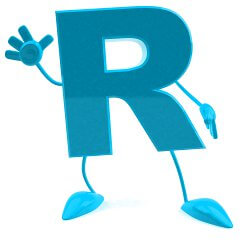
- Triumphant “T”-The letter “T” has historically been associated with Christ and the crucifixion because of its resemblance to a cross.
- Weird “W”-In the early days of the printing press, printers didn’t have a separate stamp for “W” so they literally used two lowercase “U’s” to represent the “W.”
- Xtra cool “X”- In medieval times, illiterate peasants often signed official documents with an “X” and then kissed the “X” to show their commitment to the terms of the document. This practice eventually led to the letter “X” representing a kiss!
The next time you pick up your favorite novel or discover an awesome new word, make sure you take a moment to appreciate the wonderful letters that made those words possible. If you enjoyed these facts and want to continue reading about the amazing letters that make up our alphabet, be sure to check out Language Visible by David Sacks! Have an awesome Friday!
Check out more fun facts about the alphabet in: Language Visible: Unraveling the Mystery of the Alphabet from A to Z by David Sacks


